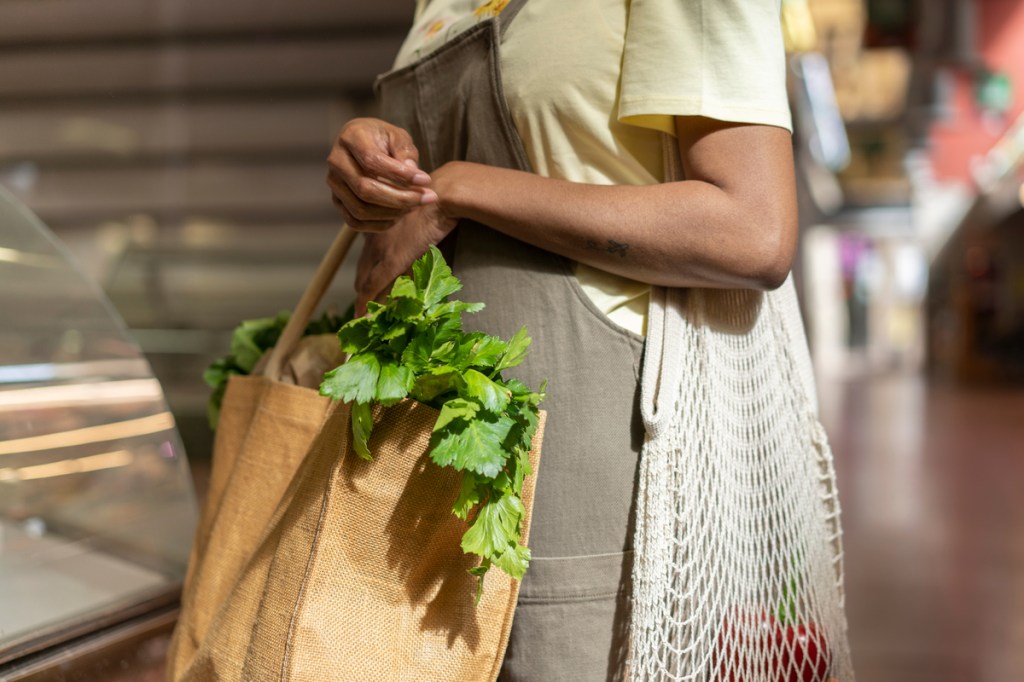Sustainability trends: Businesses taking notice
In 2020, an Accenture global survey found that shoppers “have dramatically evolved” as 60% of respondents reported making more environmentally friendly, sustainable, or ethical purchases since the start of the pandemic.
The reality is people’s values are infused in their shopping habits. Brands and retailers must authentically pay attention to what each community they serve really cares about.
Many brands and retailers are paying attention and promising future change and making sustainability pledges. Several prominent examples include:
- Morrisons promised to make all packaging sustainable by 2025.
- Tide created a “purclean” laundry detergent that it claimed was 100% plant-based.
- Tesco promised to make all packaging fully recyclable by 2025.
- Amazon pledged to go carbon neutral with half of its shipments by 2030.
- Nestle claimed to source its cocoa beans sustainably.

Are you conscious of emerging shoppers?
In a post-Covid world, the number of “conscious shoppers,” or those interested in brands and products that care about sustainability, has increased significantly. How can your business respond authentically to meet this growing demand from your customers?
Sharing sustainable practices with shoppers
Shoppers are now seeking to better understand if a product aligns with their personal values as they have better access and spend more time researching brands and products online. Brands that take the time to highlight elements about the sustainable consciousness of their offerings not only meet these consumer demands, but they stand to win a loyal following while improving conversion.
As brands and retailers work to create sustainable initiatives that resonate with their community they must be able to share that story. Even in the consumer goods world, the reality is that “content is king.” Companies that can improve their product content to clearly share their sustainability initiatives and differentiators will take market share from competitors among this fast-growing subset of “conscious shoppers.”
It’s paramount for brands and retailers to create, market, and support a narrative that resonates with sustainably conscious shoppers. While taking the first steps might seem daunting, a growing amount of research on shopper habits shows that your company stands to do well by doing good.
How are companies responding to these needs in a practical sense? Here are a few ways businesses are highlighting information around their brands’ sustainability initiatives:
- Differentiating product content to specific tastes, dietary restrictions or personal preferences.
- Promoting a brand’s sustainable manufacturing practices, or social and environmental activities.
- Sharing a brand’s sustainability goals for the future.
Interested in finding out more on how to share your sustainable practices with customers? Contact us to quickly take action and improve your product’s resonance with conscious shoppers.




